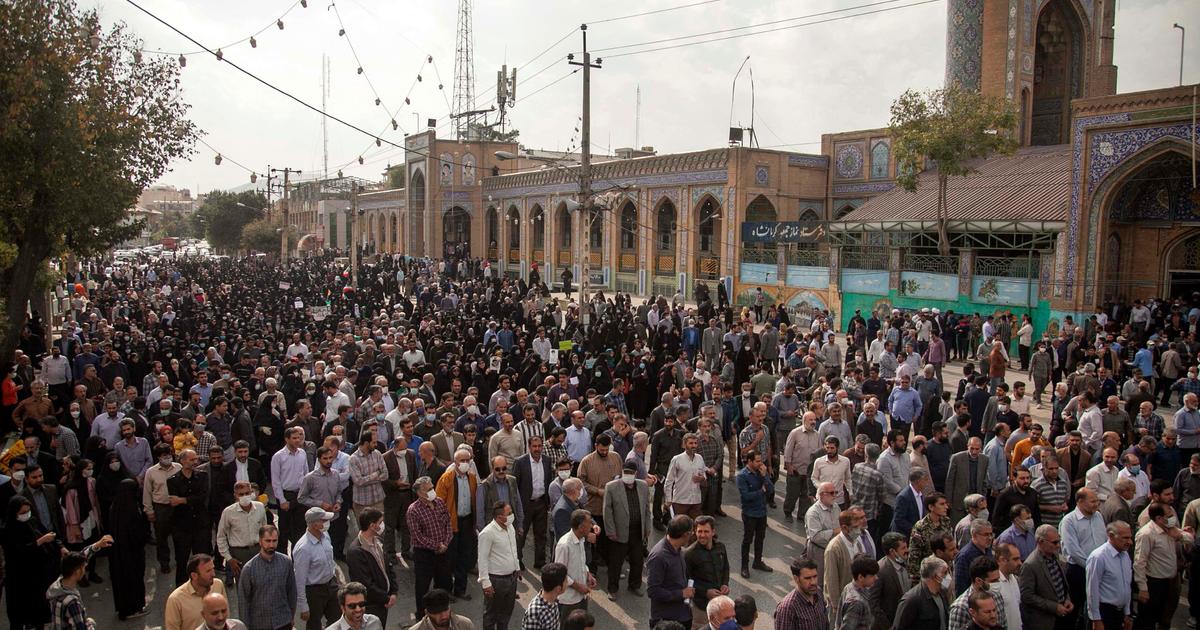Key takeaways:
- Ayatollah Ali Khamenei issued a decree offering amnesty or reduced sentences to “tens of thousands” of people detained during recent anti-government protests.
- The amnesty order is the first acknowledgement of the scale of the crackdown on protesters.
- The amnesty order is seen as a possible attempt to reduce public anger over the government’s response to the protests.
On Sunday, Ayatollah Ali Khamenei, Iran’s supreme leader, issued a decree offering amnesty or reduced sentences to “tens of thousands” of people who were detained during the recent anti-government protests across the country. This decree is part of the yearly pardoning that Khamenei does before the anniversary of Iran’s 1979 Islamic Revolution.
The amnesty order is the first acknowledgement of the scale of the crackdown on protesters, as authorities have yet to reveal the exact number of people who were detained. It is unclear how many of the “tens of thousands” of people who were detained will be eligible for amnesty or reduced sentences.
The protests began in November over a hike in fuel prices, but quickly escalated into a broader outcry against the government and its policies. The demonstrations have been met with a harsh response from security forces, with reports of dozens of deaths and thousands of arrests.
The amnesty order is seen as a possible attempt to reduce public anger over the government’s response to the protests. It is unclear how much of an impact the amnesty order will have on the protests, or whether it will be enough to quell the unrest.



Be First to Comment